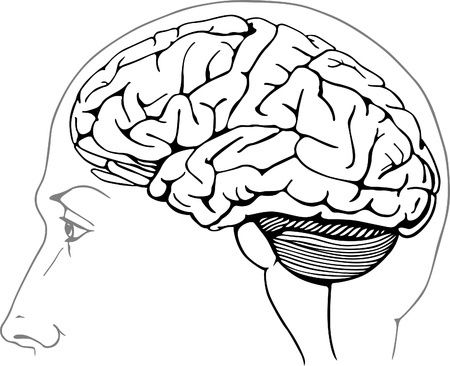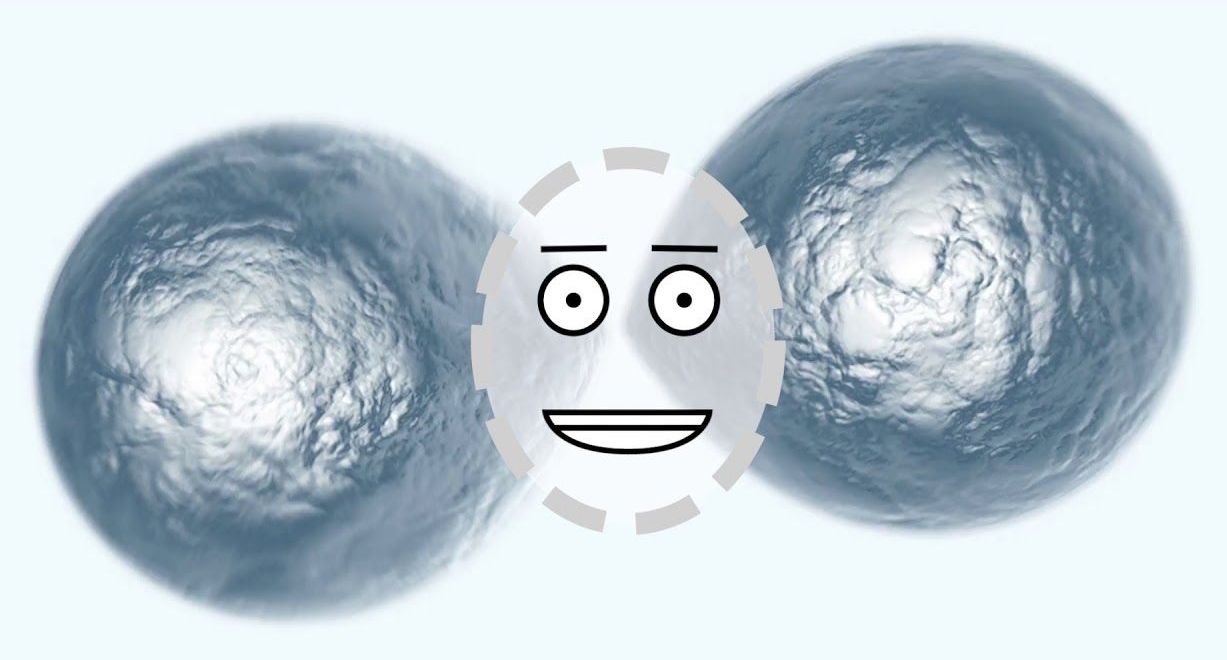Apr 25, 2018
Refining the Epigenetic Clock
Posted by Steve Hill in categories: biotech/medical, genetics, life extension
A team of researchers, including professor Steve Horvath, the pioneer of the epigenetic clock, report in this new paper about an improved version of that clock [1]. His original epigenetic clock measures the age of a person by looking at DNA methylation patterns; these patterns correlate closely with the actual age of a person, with a margin of error of around two years or so.
Since the original clock was first created, work has continued on refining the process and how aging is measured. In terms of aging biomarkers, it is generally considered the gold standard, given how reliable it is as a way to determine biological age.
While chronological age is linked to the likelihood of us developing age-related diseases and dying, it is important to distinguish the difference between chronological age and biological age. Individuals of the same chronological age may not age in quite the same way or even at the same rate, showing differences in their susceptibility to different age-related diseases.

















